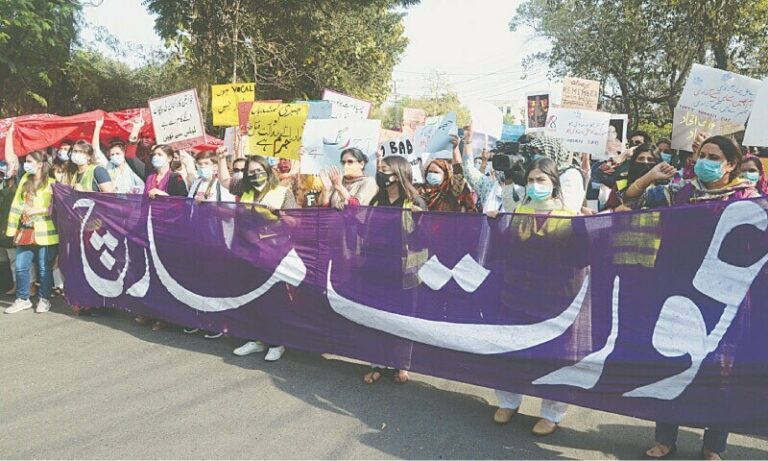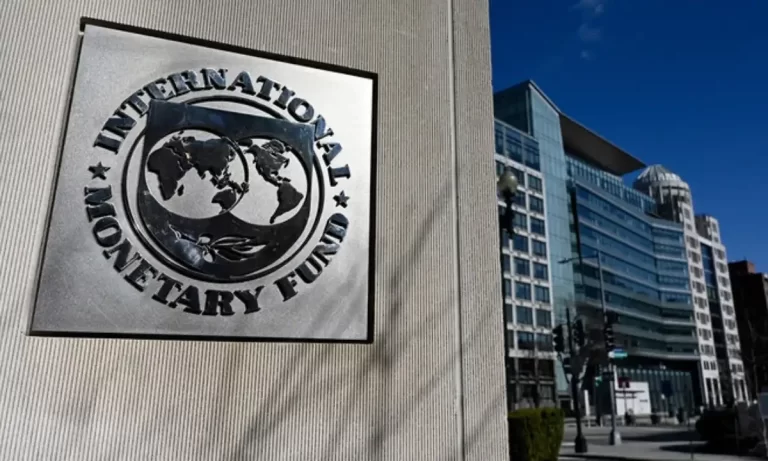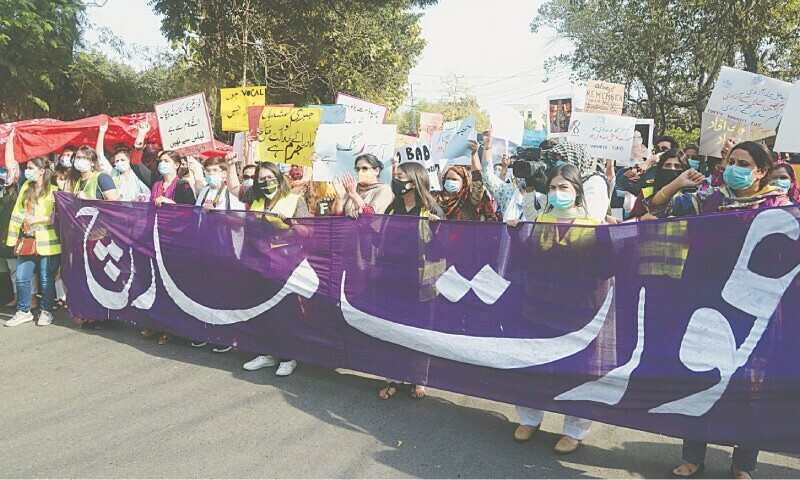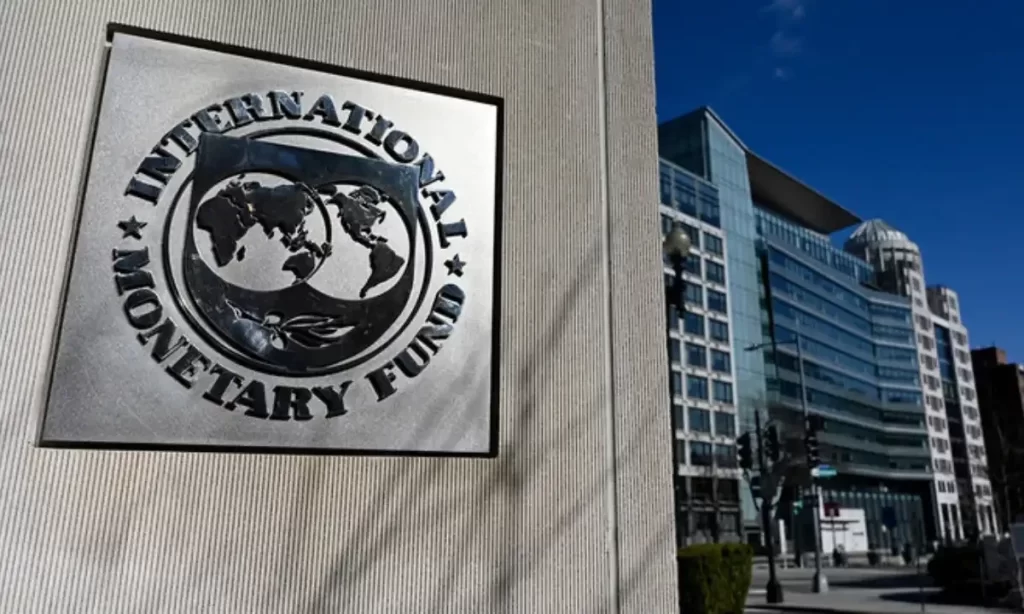The Federal Board of Revenue (FBR) is intensifying efforts to curb tax evasion and expand the country’s tax base with the introduction of the Tax Amendment Bill 2024. After receiving approval from the Senate Standing Committee on Finance, the bill has reached in the National Assembly for final approval. Once passed, the bill will grant the FBR greater powers to target affluent non-filers and strengthen tax collection in Pakistan.
New powers for FBR under tax amendment bill
The tax amendment bill 2024 is designed to tighten regulations on tax evasion. Under the new provisions, the FBR will have the authority to block non-filers from purchasing vehicles over 800cc, opening bank accounts, buying property beyond a specified value, or acquiring shares. However, the final implementation of these powers is contingent on the approval of the federal cabinet. The reforms aim to address the significant tax gap, which is projected to reach Rs7.1 trillion for the fiscal year 2025.
Targeting affluent non-filers
FBR Chairman Rashid Mahmood Langrial disclosed that the FBR had issued notices to 169,000 affluent individuals who have failed to file tax returns. Through advanced data analysis, the government has identified about 190,000 potential taxpayers, out of which only 38,000 have filed returns, contributing Rs370 million in taxes. Langrial highlighted that the government would track down the remaining 169,000 individuals to bring them into the tax net.
The FBR’s data analysis also revealed that the top 1% of income earners, approximately 672,000 people, declared an average income of Rs13.2 million. While 600,000 of the top 5% of earners have already filed returns, millions remain outside the tax net. The government plans to scale up its efforts to bring these tax evaders into compliance.
Production monitoring to combat evasion
Langrial also highlighted the importance of production monitoring in sectors. It includes sugar, cement, textiles, and beverages sectors to curb tax evasion. The FBR has already implemented systems to monitor the sugar industry, with mechanisms for other sectors nearing completion. In collaboration with Chinese consultants, the FBR is working to enhance its capacity for production monitoring to ensure transparency.
Tax amendment bill ensures Simplification procedures
Finance Minister Muhammad Aurangzeb expressed concern over the complexity of tax procedures, particularly the complicated tax return forms. The minister, himself a salaried individual, noted that the current system is difficult for the average citizen to navigate. Langrial assured the availability of simplified tax return form for the upcoming tax year. It aimed at making the process more accessible for taxpayers.
Digitalization and transparency
Digitalization remains a key focus of the FBR’s reform agenda. Efforts are underway to modernize the tax system, reduce human intervention, and minimize corruption. Automated risk management systems will also track financial transactions and combat fraud. Langrial proposed developing algorithms with banks to monitor transactions linked to individuals’ CNICs, which would help identify suspicious activities.
Challenges and future plans
While the FBR’s efforts to tackle tax evasion are commendable, challenges remain. Issues such as the ineffective track-and-trace system for cigarettes and the slow adoption of point-of-sale (POS) systems in the retail sector must be addressed. Nevertheless, the government remains committed to strengthening Pakistan’s tax system and ensuring that all eligible individuals contribute their fair share.
With the implementation of the tax amendment bill, the FBR is taking crucial steps toward a more transparent, efficient, and equitable tax system, aiming to boost revenue collection and ensure sustainable economic growth.














